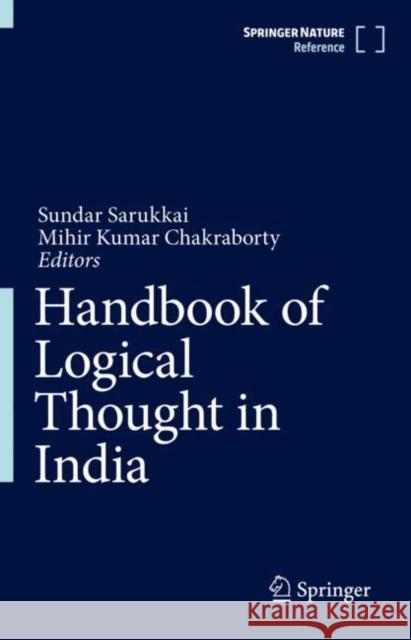Handbook of Logical Thought in India » książka
Handbook of Logical Thought in India
ISBN-13: 9788132225768 / Angielski / Twarda / 2022 / 1023 str.
This handbook explores the salient perspectives of dominant schools of logical thought in ancient, medieval, and early modern India, and the relationship between logic and other disciplines in India. It also discusses the contribution of Indian logicians to contemporary developments in mathematics and computer science. The study of Indian logic is important for many reasons. The fundamental themes of Indian logical traditions differ in important ways from those of Greek and later European traditions. These include the empirical nature of Indian logic, lack of clear demarcation between logic and epistemology, emphasis on invariable concomitance, description of logical processes as cognitive processes, a complex description of methods of debate that are essential to logical analysis, and the use of logic in fields ranging from linguistics, medicine and theology. This handbook therefore highlights the major developments in Indian logic through the centuries and points to future directions of development from these strands.











